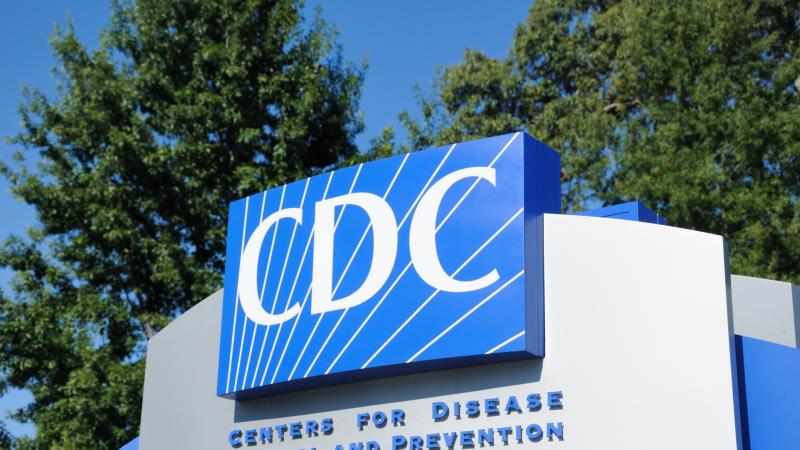With testosterone levels in US men still in decline, researchers looks for cause, Big Pharma profits
Annual prescription testosterone sales in the United States are now at least $2 billion.
There is a national health crisis that’s not getting a lot of attention – except for the opportunity to make money treating it.
It involves mysteriously declining testosterone levels in American men population-wide. On average, they’ve been losing an alarming amount of the crucial hormone that quite literally makes them men. And nobody has identified exactly why.
Dr. Abraham Morgentaler, a Harvard testosterone researcher, says he began seeing patients with testosterone deficiency in the late 1980s.
"So the data are actually pretty clear that testosterone levels are declining over the last 50 years or so ... it ranges anywhere from 10 to about 20% ... over the last 40 to 50 years,” Morgentaler says. "It’s hugely prevalent, affects about one out of three adult men over the age of 40. And not only does it cause symptoms that make men not feel so good, but it's associated with important health issues."
Annual prescription testosterone sales in the United States have increased from $18 million in 1988 to at least $2 billion now, according to the National Institutes of Health.
When testosterone is low, it means the testicles aren’t producing an adequate amount. That can lead to all kinds of signs and symptoms including: lower sex drive, erectile dysfunction, fatigue, brain fog, loss of muscle mass and strength, more body fat, weight gain, breast growth, sleep problems, mood swings, weak bones and fertility problems.
Yet it’s noteworthy that a health issue impacting men on a societal level isn’t the topic of urgent research to pinpoint causes.
There are studies that point to pieces of the puzzle. But the researchers Full Measure asked didn’t want to do interviews about their work. They’ve found that countless things in our environment are hormone or endocrine disruptors and could be impacting testosterone levels. These include pesticides, additives, and other chemicals in our food, water and medicine.
Whatever the causes, the declining testosterone in American men could affect how society works.
"Anything with a backbone, fish, reptiles, mammals, they all have testosterone,” Morgentaler point outs. "So we've been castrating, removing the testicles and the source of testosterone in domesticated animals for 10,000 years, right? And the observation is the same in every species, which is that the male tends to become more passive. Certainly men who have low levels of testosterone don't have the get up and go to do often what they've done in their male, male positions, whether it's within a family structure, whether it's within a business organization or whatever."
For more on this story, watch "Full Measure with Sharyl Attkisson” Sunday. Attkisson's most recent book is "Follow the $cience: How Big Pharma Misleads, Obscures, and Prevails."














